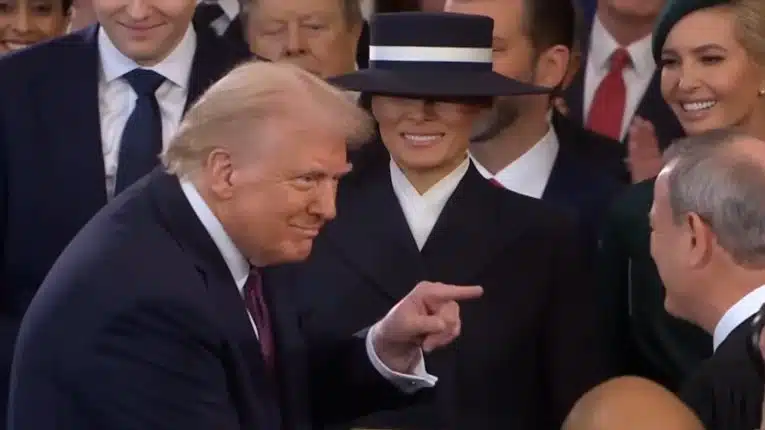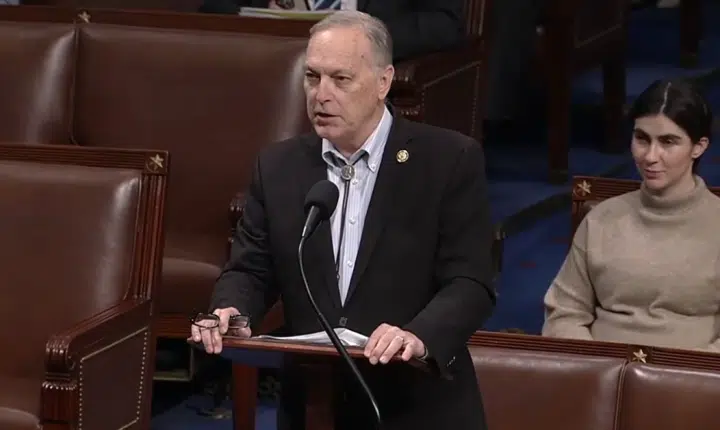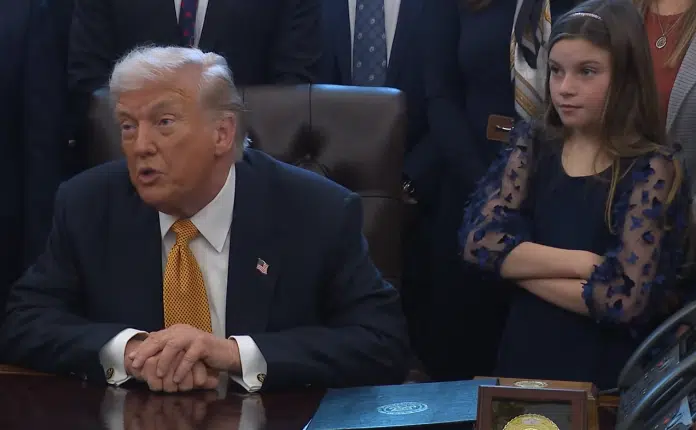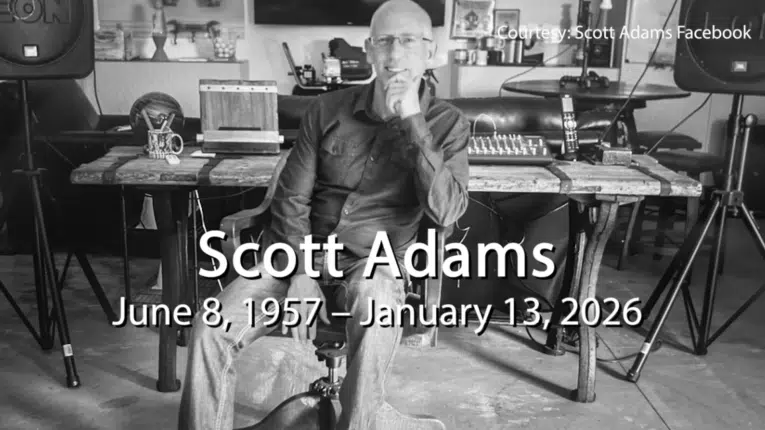 By Kevin Mooney — If there was any remaining doubt that Chevron is entitled to an investigation that probes into potentially fraudulent actions impacting its court case in Ecuador, those doubts have been removed.
By Kevin Mooney — If there was any remaining doubt that Chevron is entitled to an investigation that probes into potentially fraudulent actions impacting its court case in Ecuador, those doubts have been removed.
Judge Nicolás Zambrano, who issued an $18.2 billion judgment against Chevron, has been removed from the bench as a result of his involvement in drug trafficking, according to several media sources.
Chevron became a target for litigation after it took over Texaco in 2001. Farmers and tribe members claim Texaco damaged parts of the jungle with faulty drilling practices in the 1970’s and 1980’s. In response, Chevron officials have said that Texaco properly remediated the areas where it had operations. Moreover, the company has produced reams of evidence that demonstrate plaintiff attorneys have been operating in collusion with Ecuador’s judiciary to produce fraudulent rulings. Chevron has also sought international legal recourse with considerable success.
Under the U.S.-Ecuador Bilateral Investment Agreement Treaty, a Hague Tribunal has ordered Ecuador to suspend enforcement of the ruling pending further investigation. Several federal judges in the U.S. have also ruled in the company’s favor. Chevron has also submitted a letter to Galo Chiriboga, Ecuador’s prosecutor general that documents the fraud and corruption allegations. The plaintiffs’ representatives including Steven Donziger, Pablo Fajardo, Juan Pablo Saenz, Julio Priento and Luis Yanza worked in covert partnership with Judge Zambrano to craft a ruling that would be favorable to their case, according to the letter.
Chevron’s evidence against the Ecuadorian court includes the following:
- “The judgment copies exact language from a June 2009 email that Fajardo sent to Donziger, Sáenz and Prieto. The body of the email includes a short memo from a not-yet identified third party and a ‘transcri[ption]’ of a published Ecuadorian court opinion. That transcription contains numerous mistakes not found in the published court opinion itself. The judgment repeats all of these mistakes, exactly, as well as a citation error Fajardo made in his email.”
- “The judgment also refers to several test samples by names that are not found in the record, but rather in private spreadsheets created by the plaintiffs, which contain information from the plaintiffs’ own database. The judgment replicates errors contained in the plaintiffs’ database and replicates errors in the database attributing data to the wrong experts and confuses measurement units.”
The company obtained evidence that the Lago Agrio plaintiffs’ lawyers and consultants, have at the very least offered Clandestine assistance to the Lago Agrio court in drafting the judgment against Chevron.
“Chevron has already shown through the plaintiffs’ lawyers’ own documents and film outtakes that Judge Zambrano’s ruling against Chevron was ghostwritten by the plaintiffs’ lawyers. Evidence also shows that the plaintiffs’ representatives paid bribes to at least one court official through a secret bank account. Now it appears the Sucumbíos court was plagued by even broader corruption,” said Hewitt Pate, Chevron vice president and general counsel. “Hopefully now that these judges have been removed from their positions of power, others will come forward with evidence of the wrongdoing that has occurred in the courtrooms.”
Kevin Mooney is a contributing editor to Americans for Limited Government. You can follow Kevin on Twitter at @KevinMooneyDC.






